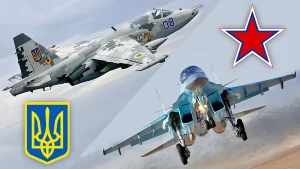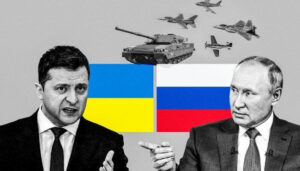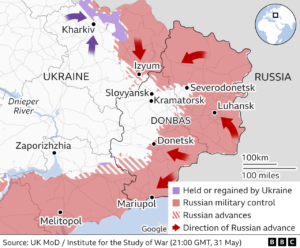
Pic Courtesy: The drive
To have command of the air means to be able to cut an enemy’s army and navy off from their bases of operation and nullify their chances of winning the war
Russia – Ukraine war has entered the fourth month, with no end in sight. This war has affected every aspect of warfare and international engagement. The war has brought into focus the issues related to the new emerging world order, multilateralism, collective security, nuclear deterrence, economic sanctions, information warfare, and food & energy security.
Continue reading “267: 6 Airpower Lessons from War in Ukraine”


